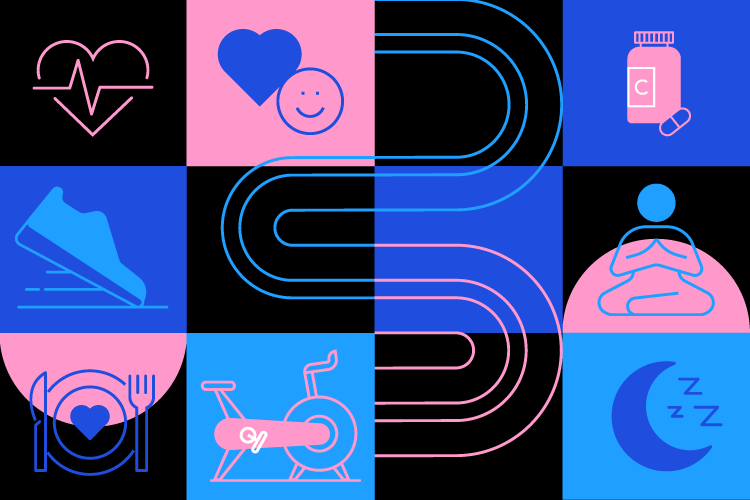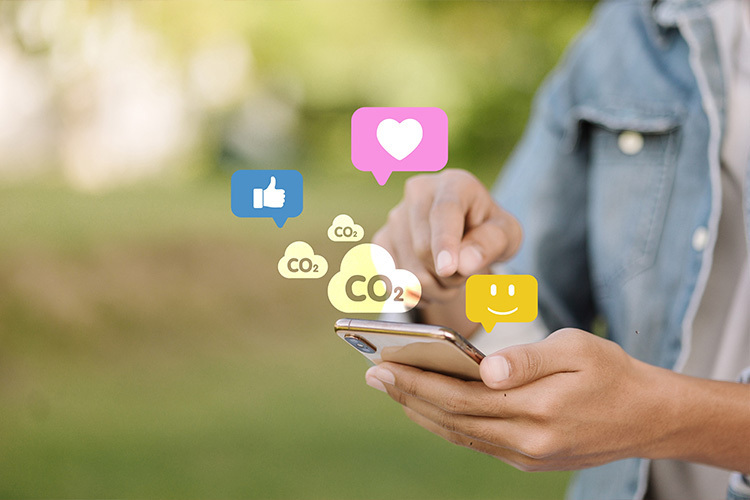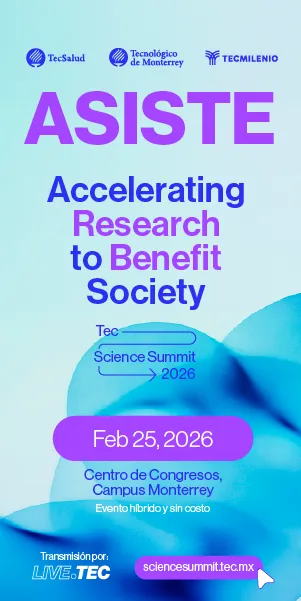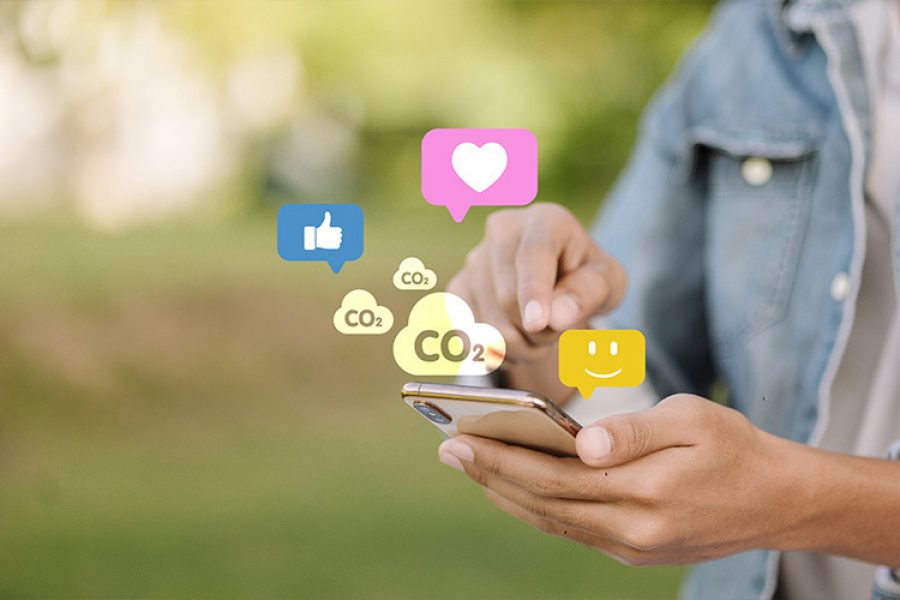By María de la Paz Toldos Romero, Lorena de la Paz Carrete Lucero y Alejandro Alvarado Herrera
Gen Z makes up nearly 20% of Mexico’s Population (World Population Review, 2024). According to the McKinsey Health Institute’s (MHI) 2022 Global Gen Z Survey, its members are more likely to suffer from mental health disorders such as anxiety and depression.
However, centennials also show a greater interest in their physical and mental health than previous generations (Coe et al., 2023).
They turn to both conventional and alternative therapies, like meditation, and use digital tools to monitor their health, helping to normalize conversations about these topics and break taboos (Wyman, 2023).
In this context, where self-care and mental health are gaining increasing importance, and Gen Z is emerging as a driving force behind these changes, it’s crucial for employers looking to hire young talent to understand the needs, behaviors, and emotional challenges they face.
To gain a comprehensive view of this, researchers from the “Responsible Production, Marketing, and Consumption” group at Tecnológico de Monterrey studied the perceptions, opinions, and experiences of 589 centennials regarding their physical and mental health.
Physical Health vs. Mental Health
Physical health generally refers to bodily well-being and optimal functioning, supported by proper diet, exercise, sleep, and stress management.
Mental health is emotional, psychological, and social well-being that allows individuals to reach their full potential, manage daily stress, be productive, and contribute to their community (WHO, 2022).
Emotional well-being involves managing and understanding emotions, while psychological well-being includes self-acceptance, autonomy, purpose, personal growth, environmental mastery, and positive relationships (Ryff, 1989).
Last but not least, social well-being refers to fulfilling relationships and the ability to adapt to various social environments.
Health Risk Behaviors
Gen Z shows a growing concern for their physical health, with habits that reflect their interest in leading a healthy lifestyle and adopting preventive health behaviors.
Nearly 46% of the study participants eat three meals daily, 34% consume fruits and vegetables, and 61.3% eat breakfast daily, showing concern for a healthy diet.
However, vitamins or natural supplements are low accessed (less than 30% use them regularly).
Regarding physical exercise, 21.9% exercise daily, and 70% prefer walking as much as possible, seeing it as a way to reduce stress and improve their mood.
Around 60% sleep well during the week, though only 27% set aside time for relaxation.
Despite these healthy habits, risky behaviors persist. About 20% of centennials eat junk food almost daily, and approximately 30% frequently consume three or more caffeinated drinks such as coffee, tea, or soda, indicating a need for greater awareness of these behaviors.
Emotional and Social Well-Being
In our study, emotional well-being focused on the experience of positive emotions and overall life satisfaction.
The results show that most Gen Z members frequently experience positive emotions like joy (77%), interest in life (over 75%), and satisfaction with their existence (more than two-thirds).
Only 11% expressed dissatisfaction with their life, and 8% reported little interest in it—cases that, while few, should be taken into account.
Most young Gen Z participants perceive their psychological well-being positively, with high self-acceptance and personal satisfaction: 78.4% feel satisfied with their lives, and 77.2% are confident in themselves.
Additionally, around 85% appreciate their personality and feel proud of who they are and the life they lead.
Personal growth in Gen Z shows a strong inclination toward continuous development: 81.4% enjoy planning their future and working on their goals, and 80.5% find satisfaction in their life objectives. However, 16.3% are still unclear about their life’s direction.
Regarding environmental mastery, Gen Z reports the ability to manage their environment and create favorable conditions for their well-being. Yet, 41.9% feel overwhelmed by daily demands, 85.4% take responsibility for their situation, and 78.8% are willing to act to change it if necessary.
Closeness and Trust
Regarding interpersonal relationships, about 87% value friendship and trust their friends. However, the percentage of those experiencing loneliness is significant: 42.9% often feel lonely (due to having few friends to share concerns with), and more than half (56.4%) lack close trusting relationships.
Notably, 80.8% trust their opinions, even on controversial topics, but 46% have difficulty expressing them, and 35.2% are affected by others’ opinions. Indeed 25.2% are influenced by people with strong convictions.
Regarding social well-being, most young people perceive their social integration positively: around 66% feel part of a community and believe they have something valuable to contribute.
However, uncertainty exists regarding human kindness and societal function, as 45.4% don’t consider society a good place or improving, compared to 34.7% who do.
Another interesting finding is that 44.4% believe people are inherently good, while the rest disagree. This contrasts with their emotional well-being, where positive emotions and life satisfaction prevail.
Gen Z Employers
The study results reveal significant opportunities for organizations looking to integrate Mexican centennials into their workforce.
Understanding their emotional challenges and unique behaviors, particularly their growing interest in physical and mental health, will allow companies to develop differentiated value propositions aligned with their self-care, healthy nutrition, and exercise priorities.
As Gen Z already accounts for 24% of the global workforce and continues to grow (Manpower Group, 2023), companies have a key opportunity to attract this young talent and promote workplace well-being with a special focus on mental health resources, which are particularly valued by this generation.
For the full study, click here.
For the complete series of reports on Gen Z from the Tec Business School, visit https://investigacionnegocios.tec.mx/es/genz.
.
References
- Coe, E., Enomoto, K., & Healy, C. (2023). Gen Z mental health: the impact of tech and social media. McKinsey Health Institute.
- Manpower Group (2023). Informe de Tendencias Laborales 2023: Nuevo Informe de la Era Humana.
- OMS. Organización Mundial de la Salud (17 de junio 2022). Salud mental: fortalecer nuestra respuesta.
- Ryff, C.D. (1989). Happiness is everything, or is it? Explorations on the meaning of psychological well-being. Journal of Personality and Social Psychology, 57, 1069–1081.
- World Population Review. (2024). Mexico Population 2024 (Live).
- Wyman, O. (2023). What business needs to know about the generation changing everything. In Oliver Wyman Forum.
Authors
María de la Paz Toldos Romero. Full-time professor and researcher at the Business School of Tecnológico de Monterrey. She holds a PhD in Psychology from the Complutense University of Madrid and completed a Postdoctoral Fellowship in Marketing at Tulane University. Since 2009, she has been a Level I member of Mexico’s National System of Researchers, and she leads the Research Group on Responsible Production, Marketing, and Consumption at the Tec Business School.
Lorena de la Paz Carrete Lucero. Full-time professor and researcher at the Business School of Tecnológico de Monterrey. She earned her PhD in Business-to-Business Marketing from Lyon 3 University, France. She is a National System of Researchers member and the “Responsible Production, Marketing, and Consumption” Group. Her research focuses on sustainable purchasing and consumption behaviors, healthy and eco-friendly brands, and social media.
Alejandro Alvarado Herrera. Professor and researcher at the Business School of Tecnológico de Monterrey. He holds a PhD in Marketing from the University of Valencia and completed a Postdoctoral Fellowship in Data Analytics at the University of Texas at San Antonio. He is the national director of the undergraduate marketing program at Tecnológico de Monterrey.















